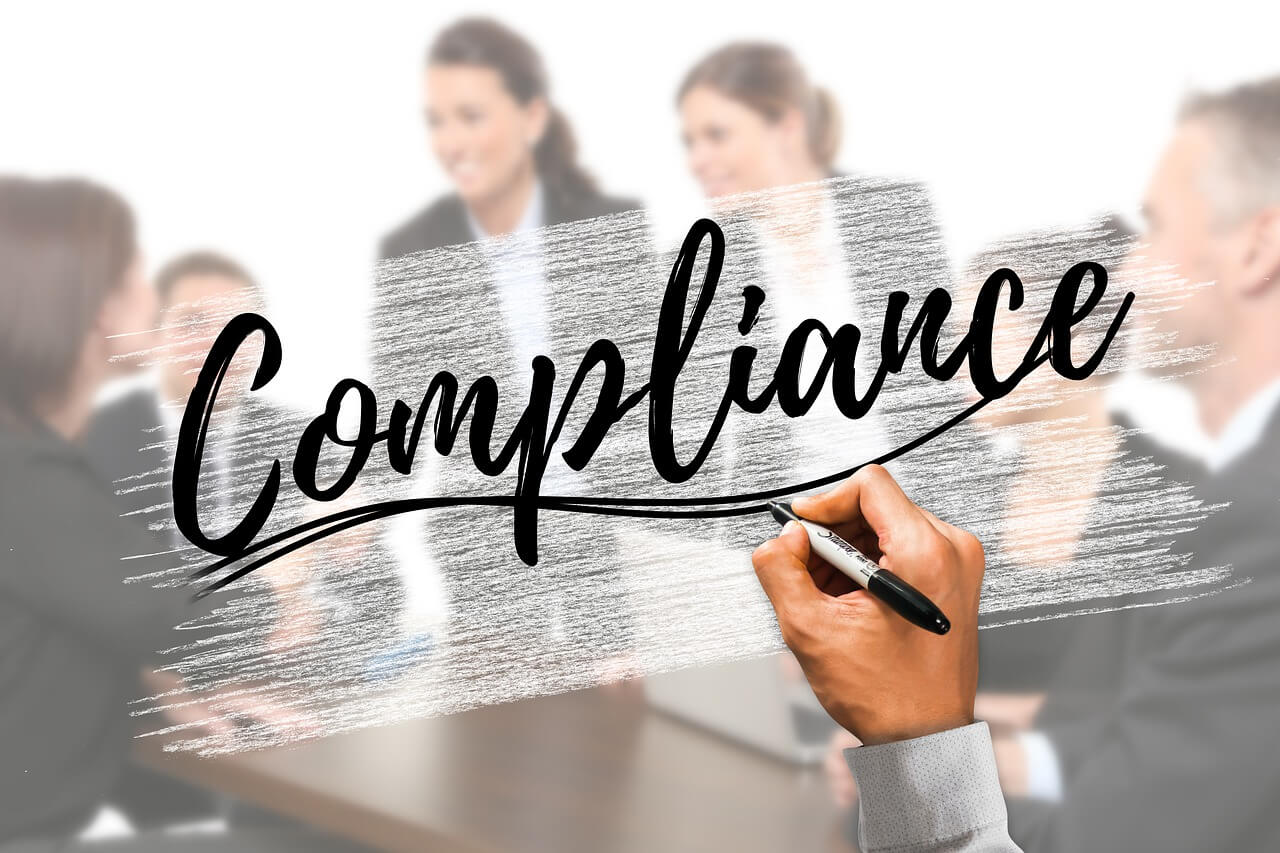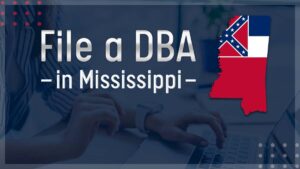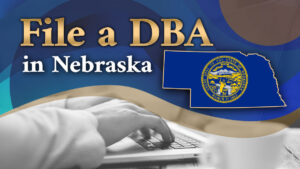There are many attempts to define ethical standards for company directors.
It would be foolish to argue that there should not be an ethical standard or even that an ethical standard is as important as a competency standard. The problem is with identifying a suitable standard before making a board appointment. Whilst many boards have codes of conduct few request incoming directors to formally sign that they have read, understood, and agree to be bound by, these codes. Even fewer have an explicit statement of consequences for any breach of the codes.
This leaves boards in a difficult position when conduct is ‘unbecoming’. The offending director may state that they were unaware of the breach and of any possible consequences. When board members’ reputations are at stake this can turn into a highly inefficient ‘Mexican standoff’ where the board is reluctant to go to the shareholders and request a removal because the offending director may claim a lack of natural justice. If the offense is one that shareholders would obviously view as undesirable, such as theft, the case is usually resolved with a settlement and deed of separation where the director is rewarded for going quietly. When the offense is subtle, such as favouring the interests of a majority shareholder above those of other shareholders, the outcome of an EGM vote is less predictable and the offending director may defend his or her position sufficiently vigorously to deter the board from an attempt to oust them.
This, already unclear, environment is made more uncertain by the changes in social acceptability of actions and utterances. Different boards will react differently to similar actions.
In recent times we have seen:
- The audit committee chairman of a major retail bank refuse to resign after significant fraud and controls weaknesses were identified. This case was resolved by paying the director a settlement including retirement benefits.
- A CEO sanctioned for posting holiday snaps of himself on the beach (without a shirt) on the popular Facebook website.
- Directors of a multinational company caught having a shared business interest that they had not disclosed to the board and that created a conflict of interest which, being unknown, could not thus be managed.
- The CEO of a major listed retail company fired (with termination benefits but without performance bonuses) after admitting harassment of a female employee.
- A CEO fired for having a consensual, although extramarital, affair with a subordinate.
- A director of a major investment bank revealed in the international press and in a ‘true story’ book as not knowing the difference between equity and revenue (no wonder it failed).
- Directors and senior executives caught using derivative instruments to protect their shares and options from losses when investors had been lead to believe that these equity holdings were created to align interests.
But how can a board specify an appropriate ethical standard without venturing into the realm of people’s private lives?
Historical performances, personal wealth, having achieved a position of eminence in society, and many other indicators that we use have all been proven to fail.
We need something that, without enforcing any single religious or philosophical code upon all directors, will allow shareholders to understand the settings and sensitivity of a proposed director’s moral compass so they can make an informed vote when asked to elect that individual to their boards. It should encompass the ideals of ‘innocent until proven guilty’ and of ‘wiping the slate clean’ after repentance and rehabilitation.
Until we find such an indicator we are destined to continue to suffer improper behaviour from our board members. These are the people responsible for setting the tone at the top and developing the culture of the enterprise. Shouldn’t we have some measure of their values before we appoint them to our boards?
What do you think?
————————————————————————————————-
Julie Garland-McLellan has been internationally acclaimed as a leading expert on board governance. See her website and LinkedIn profiles, and get her book Dilemmas, Dilemmas: Practical Case Studies for Company Directors.
 Sections of this topic
Sections of this topic















